End of the Maher Era at Wikipedia
Wikimedia Foundation CEO Katherine Maher will step down.
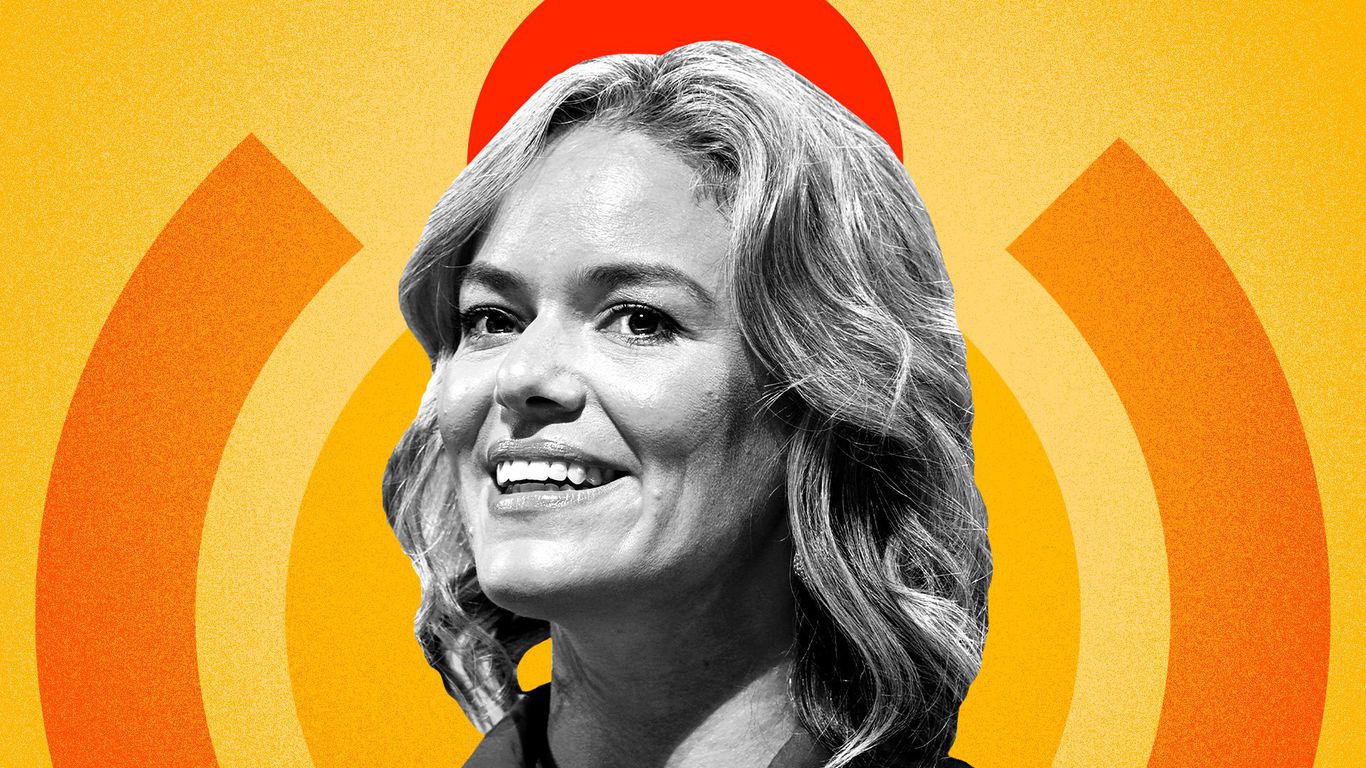
Send us a link
Wikimedia Foundation CEO Katherine Maher will step down.

Slack groups and social media are connecting people who've never fully recovered from coronavirus to collect data on their condition.
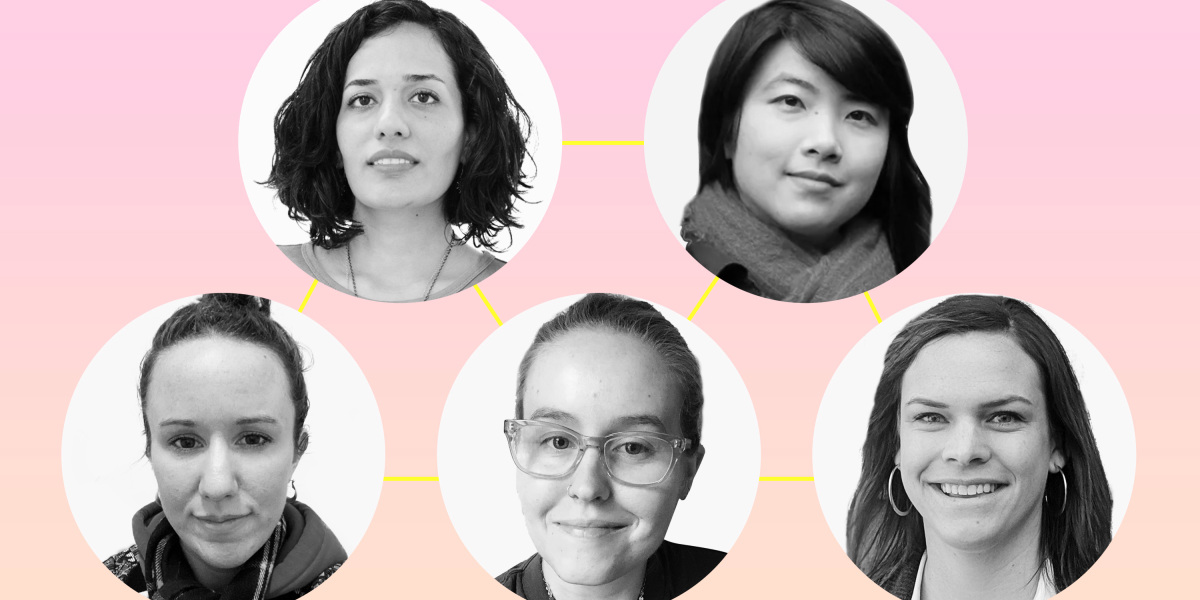
By helping scientists gamify the crowdsourcing of data analysis, SwipesForScience will engage the community to speed up research.
Citizen science: crowdsourcing for systematic reviews looks at how people can contribute their expertise to scientific studies using new online platforms - even if they don’t think of themselves as researchers or scientists.
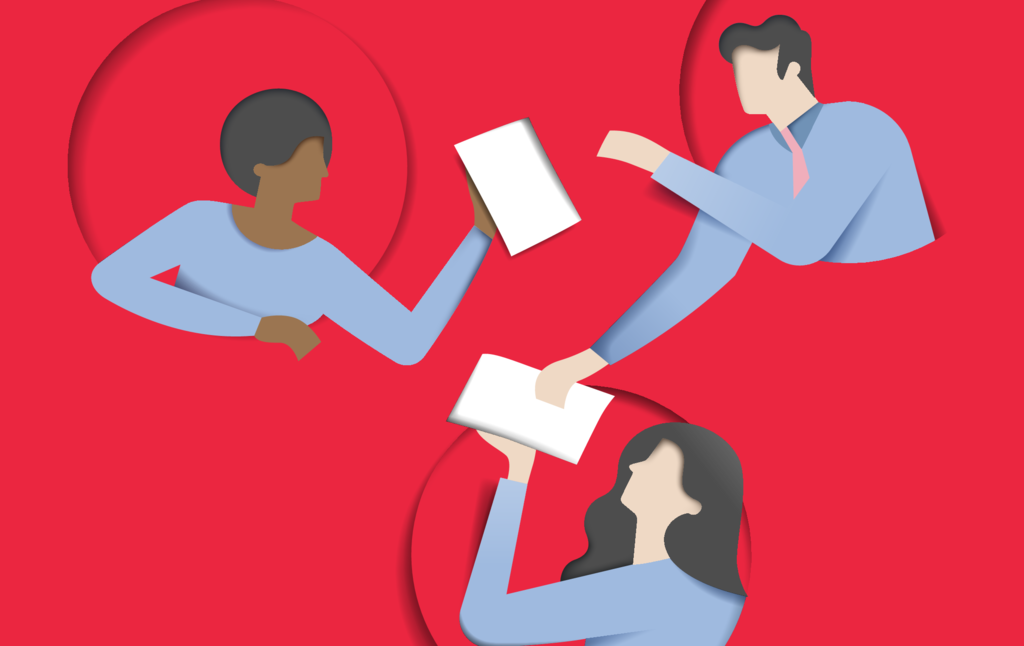
The 2-day eLife Innovation Sprint was aimed at bringing together 'computer people' and 'science people' in order to create novel tools for open science.
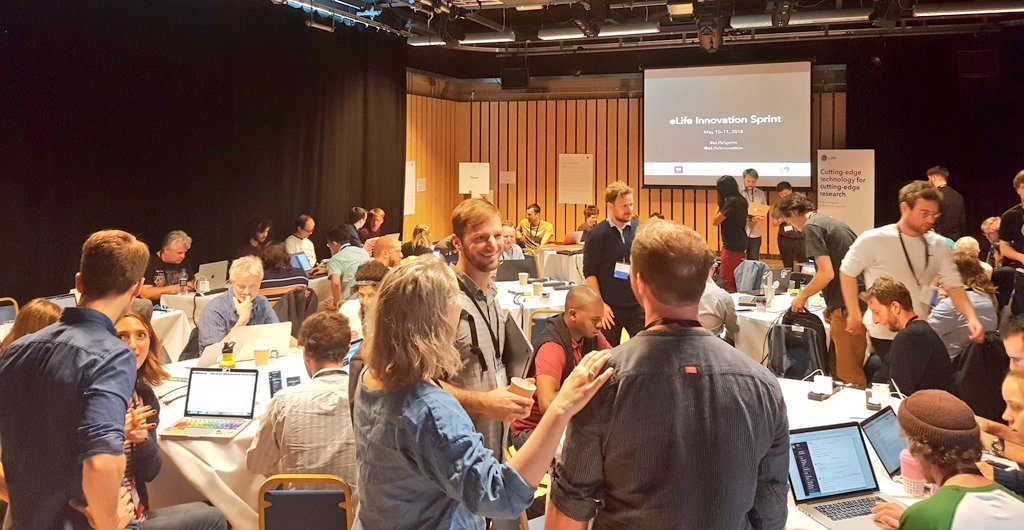
Lucy Patterson reports back from Science Hack Day Berlin.
Cheap, stripped-down microcontrollers are allowing users to pack huge amounts of computing power into tiny spaces.
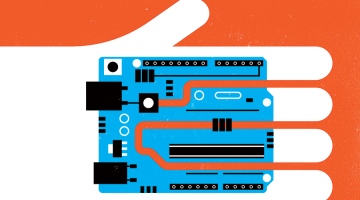
Citizen science has the potential to make science and innovation more responsible, but it is not without controversy.

Crowdsourcing the analysis of complex and massive data has emerged as a framework to find robust methodologies. When the crowdsourcing is done in the form of collaborative scientific competitions, known as Challenges, the validation of the methods is inherently addressed.
Scientific advances have always drawn on the work of non-professionals. Even more so now, thanks to technology.

Open competitions bring new minds, skills and collaborations to problems in biomedical research.
Not a scientist? As David Lang shows, you can still play a meaningful role in solving science’s hardest problems.
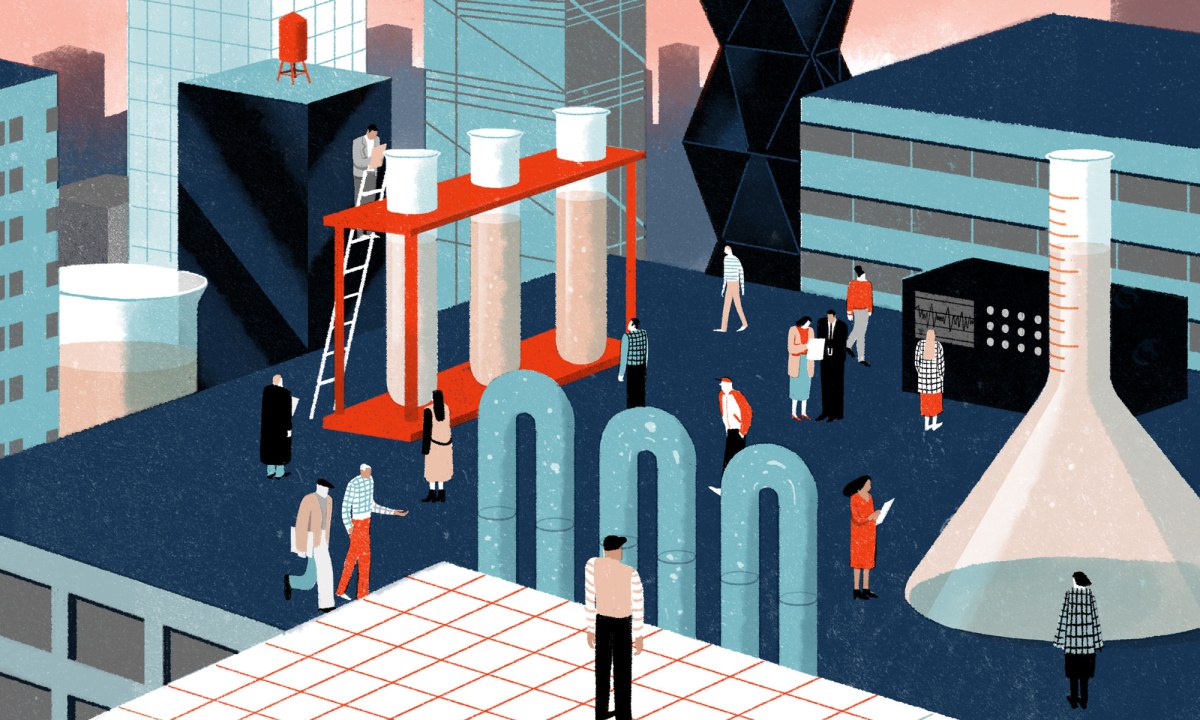
Conference aims to raise awareness of shared resources for building lab equipment.
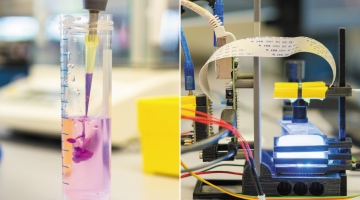
Crowdsourcing research can balance discussions, validate findings and better inform policy.